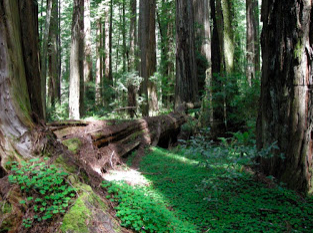Marbled murrelets are long lived seabirds that spend most of their life in the marine environment but use old growth forests for nesting.
Marbled murrelets biome.
Epiphytic moss is important for marbled murrelets nesting.
The marbled murrelet brachyramphus marmoratus is a small seabird from the north pacific.
It nests in old growth forests or on the ground at higher latitudes where trees cannot grow.
The close association of the marbled murrelet and old growth coastal forests and the science and conservation work done make the murrelets truly an iconic bird in redwood national and state parks.
It is a member of the auk family.
Even where numerous it is usually seen on the water in pairs or aggregations of pairs not in large flocks.
The marbled murrelet is a very small chubby sea bird that seems to lack a neck.
Key tree species for nesting are douglas fir alaska yellow cedar western redcedar western hemlock mountain hemlock sitka spruce and coast redwood.
Its habit of nesting in trees was suspected but not documented until a tree climber found a chick in 1974 making it one of the last north american bird species to have its nest described.
The nonbreeding plumage includes a strip of white between the back and the wing thus the name marbled.
And about that arcane nickname even though scientists didn t know that marbled murrelets lived up in the old redwood trees before the early 1970s locals knew something lived high in the canopy.
Although it is fairly common off the northern pacific coast its nesting behavior was essentially unknown until the 1970s.
Courtship foraging loafing molting and preening occur in near shore marine waters.
It has a dark brown to black dorsum and a white venter and throat.
These plants only grow in moist forests usually where winter rains are plentiful and fog is common.

